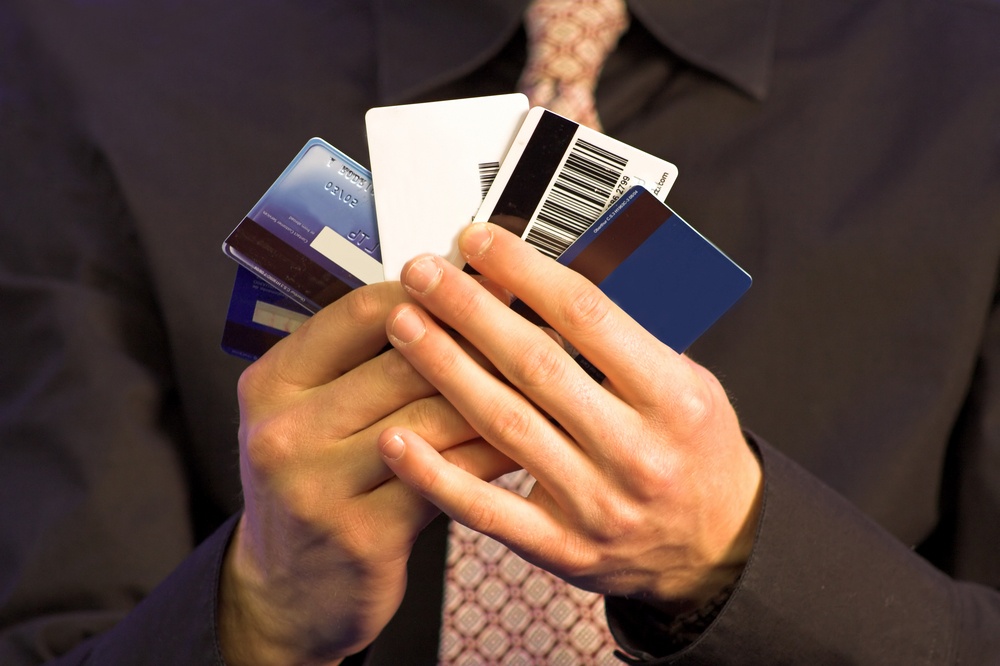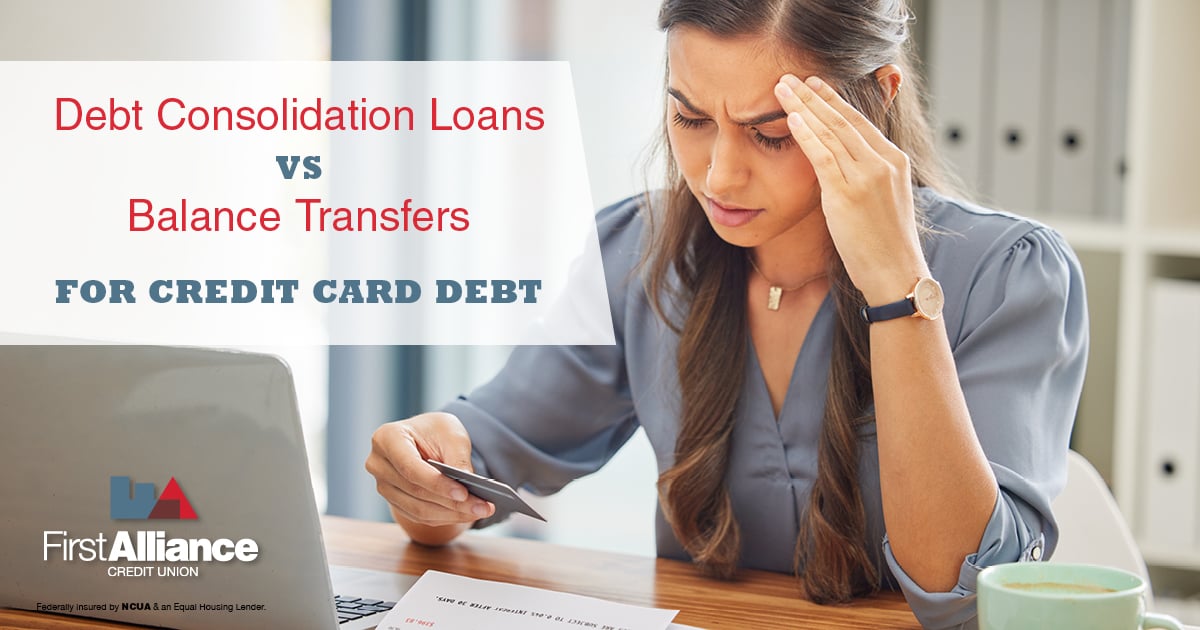Tips to Make Credit Cards Your Best Friends
If you use a credit card properly, it can be an amazing tool. When credit is used irresponsibly, however, it can become your worst nightmare. You can...
3 min read
![]() First Alliance Credit Union
:
Jan 31, 2019 7:24:00 AM
First Alliance Credit Union
:
Jan 31, 2019 7:24:00 AM

Credit cards can be very convenient and useful if you know how to use them properly. Being responsible with credit cards can help you avoid a lot of financial heartache. Before charging everything on your credit card, it is helpful to learn how to manage the card. Many people get a credit card for easy access to spending money without realizing the negative effects it can have.
In order for you to have a great credit score and credit history, pay all of your credit card bills on time. If you miss a payment, or multiple payments, it may harm your credit score. You will also we subject to late payment fees. Always pay at least the minimum payment on time every month.
Make sure to stay in your credit limit and try not to max out your credit cards to establish and maintain a good credit score. The higher your credit rating, the more options you have financially. Credit cards can be a great way to build and maintain credit, but they can also just as easily become a financial problem.
Another great way to manage your credit card is to track your spending. Review your monthly credit card statements to check if you are spending your money in the right places. You can also download tracking apps to limit your spending.
Choose a card with a low interest rate. The lower the rate, the less it will cost to pay back any credit card debt. If you have several high interest rate credit cards, it may be helpful to transfer the balances to a lower rate card to save you money.

Making a budget helps you understand your savings and expenses a lot better. It helps you know where you need to spend money and where to save it. Sticking to your budget will not only help save money, but will also help you stay out of debt.
There are many different credit cards available out there. Choosing the right card for you is worth the research. Choose a card that best suits your circumstances. The best option is to choose a credit card with the lowest interest rate and highest rewards points. If possible, try to avoid getting a credit card that requires you to pay an annual fee.
You can may more than the minimum amount due when it comes to paying your credit card bills. It will not only help with your credit score, but can also lead to the credit card limit being increased. Whenever possible its a good idea to pay off your balance in full each month.
The more credit cards you have, the more chances there are of you going into debt. If you apply for too many credit cards it can hurt your credit score because potential lenders may assume that you rely too much on credit. You should really only have one or two credit cards at anytime. Keeping your total number of credit cards low is also more manageable.
If you don't have enough savings in your bank account, try to avoid impulse buys. If you aren't sure whether you can repay the credit card debt at the end of the month, try not to spend on things that you don't really need. Limiting yourself to using your credit card for everyday purchases like groceries and gas helps to keep your repayment more manageable.
Avoid cash advances on your credit cards because you get charged higher interest on them until you pay them back. There is also no grace period on cash advances, unlike regular credit card transactions. Credit cards are not free money, they always come at a cost.
Make it a habit to review your credit card statements every month to see all of your expenses and to make sure there aren't any errors or fraudulent charges. Keep your receipts to compare them with your statement. This simple step is a great way to manage your credit cards, you will quickly realize where the majority of your spending is.
You have charge back rights when you make a purchase with a credit card. If anything goes wrong (you receiving a damaged item, the item being lost, etc.) you can ask your provider to get your money back from where you purchased the item. This is often why people opt to use their credit card rather than a debit card for online purchases.
If you have a credit card, there is a lot you can do to manage your credit card responsibly. Different ways of using your card intelligently are determining your priorities, using your card only when its necessary and setting up automatic payments.

If you use a credit card properly, it can be an amazing tool. When credit is used irresponsibly, however, it can become your worst nightmare. You can...

Whether you’re drowning in credit card debt or just looking to streamline your payments, there are countless options to choose from when it comes to...

There are many factors to take into account when looking at your credit score, which can make knowing exactly how to mange it a bit confusing...